The pitch of a sound is a fundamental element in music. As you already know, a sound can be high or low, and in this topic I will explain to you how the pitches of sounds are written on a sheet of music. Simple and essential notions will be explained, such as the staff or the clefs, or the scales, but more complex theoretical notions will also be explained, such as cadences, closely related keys or labeling chords.
All articles of this category are about pitch of sounds:
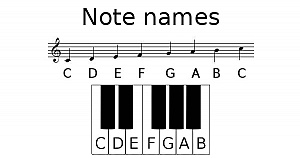
Note names
Learn notes names and learn how to recognize them on the staff (stave). Learn how to read music notes and to recognize them on a piano keyboard.
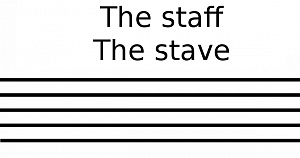
The staff (stave)
Article about the staff (stave), learn how to use staff to read music. The staff (stave) is composed by 5 horizontal lines and by 4 spaces.
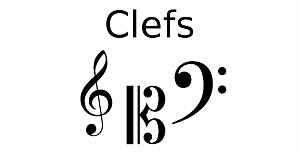
Clefs
Article about clefs in music. How to recognize them and how to use clefs in music. Learn the Treble clef, the F-clefs and the C-clefs
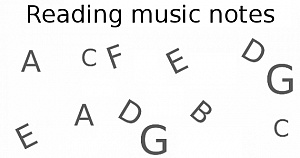
Reading music notes
Learn how to read music notes with the conjunct motion order, the succession of third and tricks to recognize music note positions with a treble or a bass clef
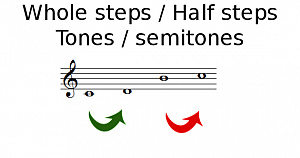
Whole steps & half steps (Tones & semitones)
Learn notions of whole steps & half steps (tones & semitones) and learn how to recognize and use these intervals.
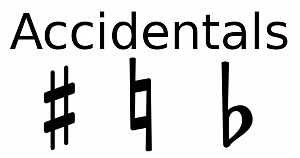
Accidentals
Music theory about accidentals. Learn all about different kinds of accidentals (flat, sharp, natural) and all the rules about accidentals in music scores.
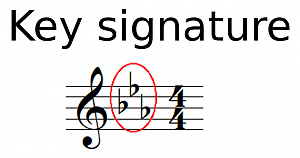
Key signature
A key signature is a set of flats or sharps and is used to notify which notes that will be altered with flats or sharps.
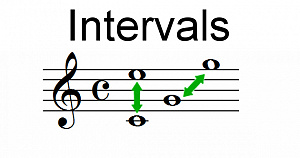
Intervals
Learn all bout melodic and harmonic intervals in music. Learn how to find the name and the quality of an interval and learn the notion of enharmonic.
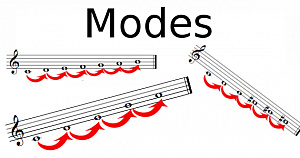
Modes
Learn the definition of music mode notion. Let's see and hear some example of modes like the Ionian mode, the pentatonic mode or the whole-tone mode.
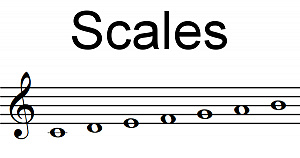
Scales
major scales, natural minor scale, harmonic minor scale, ascending melodic minor scale, descending melodic minor scale. Learn to recognize degrees
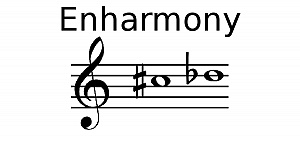
Enharmony
Enharmony notion in music. Learn the definition of enharmonic and look at some examples.
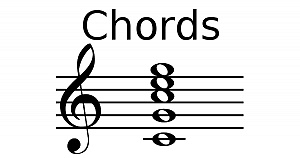
Chords
Learn about the notion of chord in music and the notions of triad, root, root position, first position, second position. Look at some example.
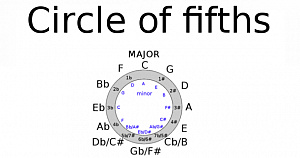
Circle of fifths
Circle of fifths, learn how to use and to read the circle of fifths. Learn how to find key names, key signatures and closely related keys.
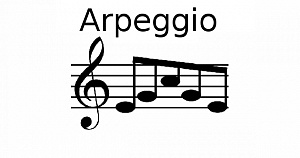
Arpeggio
Definition of Arpeggio: An arpeggio is a succession of notes issued from a chord. In an arpeggio notes are played independently.
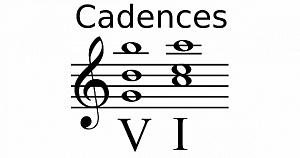
Cadences
Learn about Authentic cadence, Perfect Authentic cadence, Imperfect authentic cadence, Half-cadence, Plagal cadence, and Deceptive cadence.
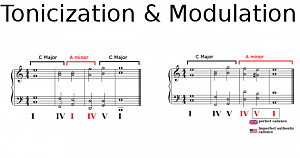
Tonicization & Modulation
Learn about tonicization & modulation concepts and learn the difference between tonicization & modulation with some music examples.
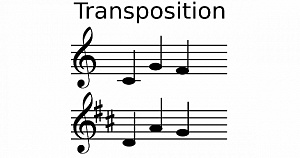
Transposition
Transposition: Learn how to transpose a melody by hand and learn how to Transpose Music at Sight. Learn the method with some transposition examples.
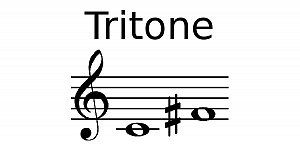
Tritone
Tritone. Learn all about the interval called tritone: Tritone is an interval composed of three tones (a augmented fourth or a diminished fifth).


